Emerson String Quartet - Dvorák, Smetana: String Quartets (2007)
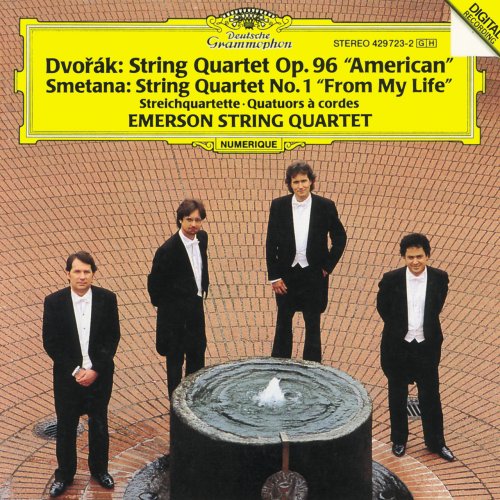
Artist: Emerson String Quartet
Title: Dvorák, Smetana: String Quartets
Year Of Release: 2007
Label: Deutsche Grammophon
Genre: Classical
Quality: FLAC (tracks)
Total Time: 51:21
Total Size: 250 Mb
WebSite: Album Preview
Tracklist: Title: Dvorák, Smetana: String Quartets
Year Of Release: 2007
Label: Deutsche Grammophon
Genre: Classical
Quality: FLAC (tracks)
Total Time: 51:21
Total Size: 250 Mb
WebSite: Album Preview
Antonín Dvořák - Strinig Quartet No. 12 In F Major, Op. 96 "American"
1. Allegro Ma Non Troppo 9:02
2. Lento 7:42
3. Molto Vivace 3:36
4. Finale (Vivace Ma Non Troppo) 5:12
Bedřich Smetana - Strinig Quartet No. 1 In E Minor, "From My Life"
5. Allegro Vivo Appassionato 6:31
6. Allegro Moderato A La Polka 5:18
7. Largo Sostenuto 8:30
8. Vivace 5:28
Performers:
Emerson String Quartet
After the excitement of hearing their bracing Bartok cycle (the Gramophone Record of the Year in 1989), I've found the Emerson's subsequent releases more than a little disappointing. ''Cold and abrasive'' was my verdict on their Beethoven/Schubert when I reviewed it for BBC Radio 3's ''Saturday Review'', and it stands. But the Smetana on this new disc is more encouraging. I'm not sure about the gutsy portamentos in the viola's opening solo, still less when the violin takes up this figure at the climax of the finale, and yes, there is a certain coldness in the wonderful Largo sostenuto theme, and abrasiveness in one or two of the more sharply accented tuttis, but I still found the performance compelling. Unlike the Endellion Quartet on their Virgin Classics recording, the involvement doesn't fluctuate—in fact there's strong dramatic cogency. The Emerson don't strive for big effects at the expense of narrative—Smetana's story may sound darker and less picturesque than one expects, but it does have shape. Is that enough compensation? Probably not, but it does make the interpretation challenging, and well worth hearing.
The Emerson work hard to make their version of the much-recorded American Quartet special, and it's full of good ideas. Dvorak's plentiful markings are taken very seriously, and every solo is shaped with great care and primed for the optimum expressive effect. So why doesn't it work? Perhaps precisely because one can hear the thought behind it all, and perhaps also because in one or two passages the players simply push too hard. There's little of the naturalness of the Quartetto Italiano (Philips) or the unforced generosity of the Janacek Quartet's Decca version. It is those two—both available on good mid-price reissues—which remain my top recommendations, despite the older, relatively low-tech sound. As yet, no modern version has matched them.
The Emerson work hard to make their version of the much-recorded American Quartet special, and it's full of good ideas. Dvorak's plentiful markings are taken very seriously, and every solo is shaped with great care and primed for the optimum expressive effect. So why doesn't it work? Perhaps precisely because one can hear the thought behind it all, and perhaps also because in one or two passages the players simply push too hard. There's little of the naturalness of the Quartetto Italiano (Philips) or the unforced generosity of the Janacek Quartet's Decca version. It is those two—both available on good mid-price reissues—which remain my top recommendations, despite the older, relatively low-tech sound. As yet, no modern version has matched them.
DOWNLOAD FROM ISRA.CLOUD
Emerson String Quartet Dvorak Smetana String Quartets 07 3001.rar (250.7 MB)
Emerson String Quartet Dvorak Smetana String Quartets 07 3001.rar (250.7 MB)
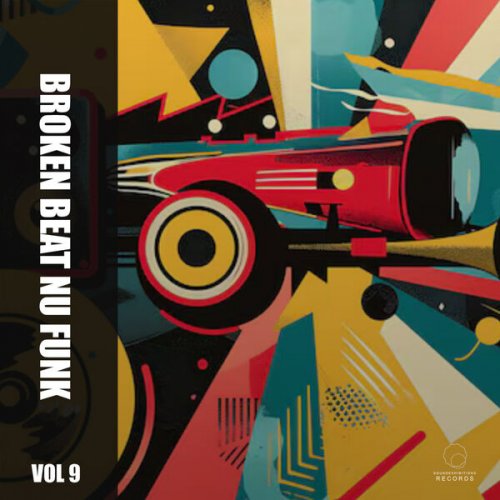
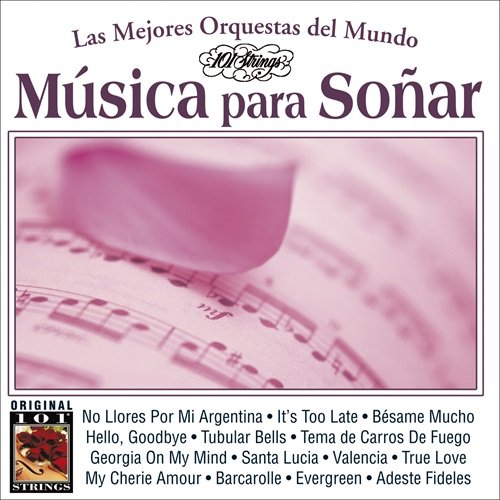
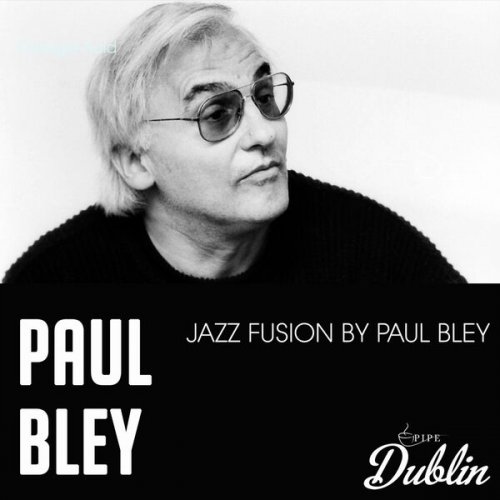
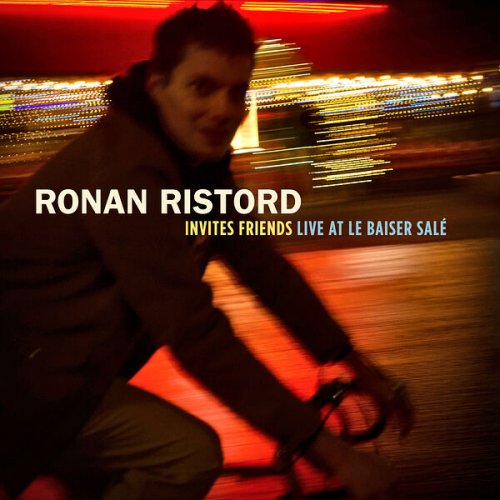
![McCoy Mrubata - Children On The Frontline (2026) [Hi-Res] McCoy Mrubata - Children On The Frontline (2026) [Hi-Res]](https://www.dibpic.com/uploads/posts/2026-02/1770560394_cover.jpg)
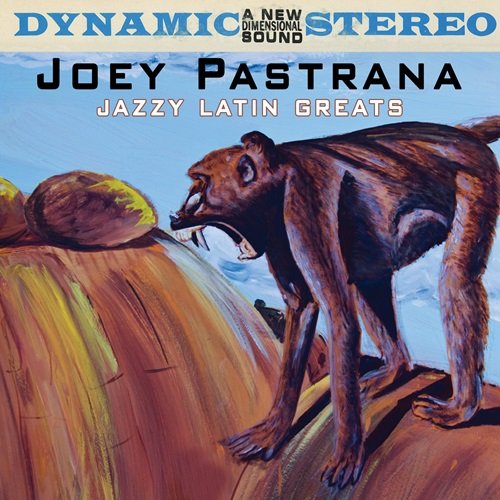
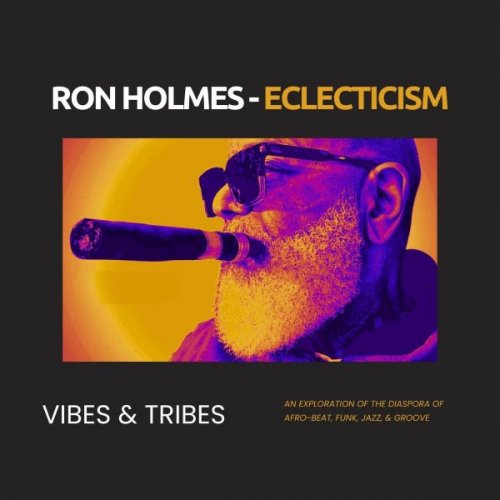
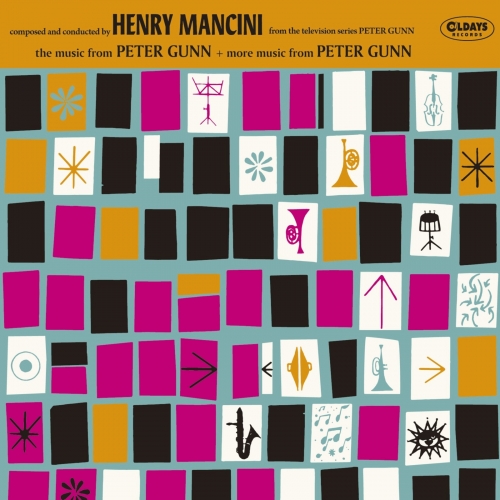
![Django Festival Allstars - Evolution (2026) [Hi-Res] Django Festival Allstars - Evolution (2026) [Hi-Res]](https://www.dibpic.com/uploads/posts/2026-02/1770746426_folder.jpg)